INTERNACIONAL
Dimitió el líder del partido oficialista de Taiwán tras la votación que ratificó a los legisladores afines al régimen de China

El secretario general del gobernante Partido Democrático Progresista (PDP) de Taiwán, Lin Yu-chang, anunció este lunes su renuncia al liderazgo de la formación, luego del fracaso en las elecciones revocatorias contra 24 legisladores del opositor Kuomintang (KMT), celebradas el sábado. La votación, impulsada por sectores afines al oficialismo, concluyó con la permanencia en sus escaños de todos los parlamentarios objetados, lo que representa un revés político para el gobierno del presidente William Lai.
“Como secretario general del partido, asumo toda la responsabilidad por cualquier deficiencia del PDP”, expresó Lin en un mensaje publicado en su cuenta de Facebook. “Ayer presenté mi renuncia personalmente al presidente Lai. No podemos eludir nuestra responsabilidad por no haber estado a la altura de las expectativas de la sociedad”.
Lin añadió que “en este momento, lo que menos necesitamos es buscar excusas por el resultado; lo que debemos hacer es encontrar un camino para el futuro. Taiwán, este pequeño país montañoso lleno de dificultades, necesita que todos sigamos defendiéndolo”.
Los 24 legisladores del KMT conservaron sus cargos luego de superar la inédita votación de revocatoria, la primera de este tipo a gran escala en la historia democrática de la isla. El intento de destitución fue promovido por organizaciones civiles vinculadas al PDP, en respuesta a una serie de decisiones parlamentarias que, según el oficialismo, amenazan el equilibrio institucional y favorecen intereses del régimen de Beijing.
El resultado deja intacta la mayoría opositora en el Yuan Legislativo, compuesta por 52 escaños del KMT, 8 del Partido Popular de Taiwán (PPT) y 2 legisladores independientes cercanos al bloque. El PDP, por su parte, se mantiene con 51 asientos.
Durante los últimos meses, esta mayoría legislativa ha impulsado iniciativas para ampliar los poderes de supervisión del Parlamento, limitar el presupuesto estatal y dificultar el funcionamiento del Tribunal Constitucional. Estas medidas fueron interpretadas por el PDP como intentos de obstrucción institucional, mientras que el KMT y sus aliados aseguran que se trata de reformas para fortalecer la rendición de cuentas.
El presidente del KMT, Eric Chu, celebró los resultados y criticó el uso del proceso de revocatoria con fines políticos. “La piedra angular de la democracia radica en respetar el mandato popular y garantizar la estabilidad de los periodos de gobierno”, afirmó. “La democracia no debe usarse para dividir a la sociedad, incitar al enfrentamiento o alimentar el odio y la lucha política”, añadió.
Desde Beijing, el portavoz de la Oficina de Asuntos de Taiwán del Consejo de Estado, Chen Binhua, calificó las votaciones de revocatoria como un ejemplo del “rostro dictatorial” y acusó al PDP de “fomentar el terror verde”, en alusión al color del partido.
En respuesta, el Consejo de Asuntos Continentales de Taiwán (MAC), que supervisa las relaciones con China, rechazó las declaraciones del régimen chino. “Beijing no tiene derecho a comentar o malinterpretar el sistema democrático de Taiwán”, señaló el MAC en un comunicado recogido por el Taipei Times. “El referéndum revocatorio fue un ejemplo concreto del sistema constitucional democrático de Taiwán. Beijing no debería utilizarlo como excusa para maniobras políticas maliciosas”.

Está previsto que el próximo 23 de agosto se celebren nuevas votaciones revocatorias, esta vez contra siete legisladores del KMT. No obstante, analistas locales consideran que el fracaso del sábado ha debilitado la legitimidad de esa estrategia y podría frenar la ofensiva del PDP en el Parlamento.
El revés electoral ocurre en un momento crítico para la administración de William Lai, que asumió la presidencia en mayo y enfrenta desde entonces una mayoría legislativa hostil. La imposibilidad de remover a legisladores clave complica aún más su capacidad de implementar reformas y ejercer control sobre el Legislativo, mientras persisten las tensiones con China y aumenta la presión interna sobre la conducción del partido oficialista.
(Con información de EFE)
Asia / Pacific,Government / Politics,Elections / Voting,TAIPEI
INTERNACIONAL
GOP lawmakers clash over strategy to avert government shutdown crisis
NEWYou can now listen to Fox News articles!
An intra-GOP battle is already brewing over how to avert a government shutdown before the next fiscal year begins on Oct. 1.
House and Senate lawmakers will need to strike a deal on funding the federal government by then – and while that deadline is still weeks away, Congress’ August recess means that they have just 14 legislative days with both chambers in session to come to an agreement.
That will be no easy feat, considering both House and Senate Republicans are working with three-seat majorities.
Meanwhile, there’s already divisions being sown over the viability of a short-term extension of fiscal year 2025 (FY2025) government funding levels, known as a continuing resolution (CR).
148 DEMOCRATS BACK NONCITIZEN VOTING IN DC AS GOP RAISES ALARM ABOUT FOREIGN AGENTS

The House and Senate have just 14 days in session together left before the government funding deadline. (Fox News Digital photo illustration)
Some fiscal conservatives in the House have suggested they could get behind a full-year CR, an idea that mainstream Republicans and defense hawks have balked at.
«I think we ought to start planning for a full-year CR,» House Freedom Caucus Chairman Andy Harris, R-Md., told reporters last week. «A funding freeze in a setting of 2.7% inflation actually is a real cut in the size of the scope of government.»
Rep. Eric Burlison, R-Mo., a member of the conservative group, told Fox News Digital, «I would be open to that.» He added, however, «But really, a CR is kind of a surrender.»
Others, like Rep. Eli Crane, R-Ariz., said, «I never like CRs, but we’ll see how it plays out.»
But one House GOP lawmaker who spoke with Fox News Digital under the condition of anonymity argued it could have dangerous effects on military funding.
«It’s absolutely ridiculous,» the lawmaker said. «That destroys our defense. I mean, if it’s a CR encompassing everything, that’s…contrary to everything they’ve ever said before. But when has that stopped the Freedom Caucus?»
The idea of extending the previous year’s government funding levels has traditionally been anathema to Republicans, particularly in the House, where lawmakers have tried for several years to pass 12 individual, single-subject spending bills.
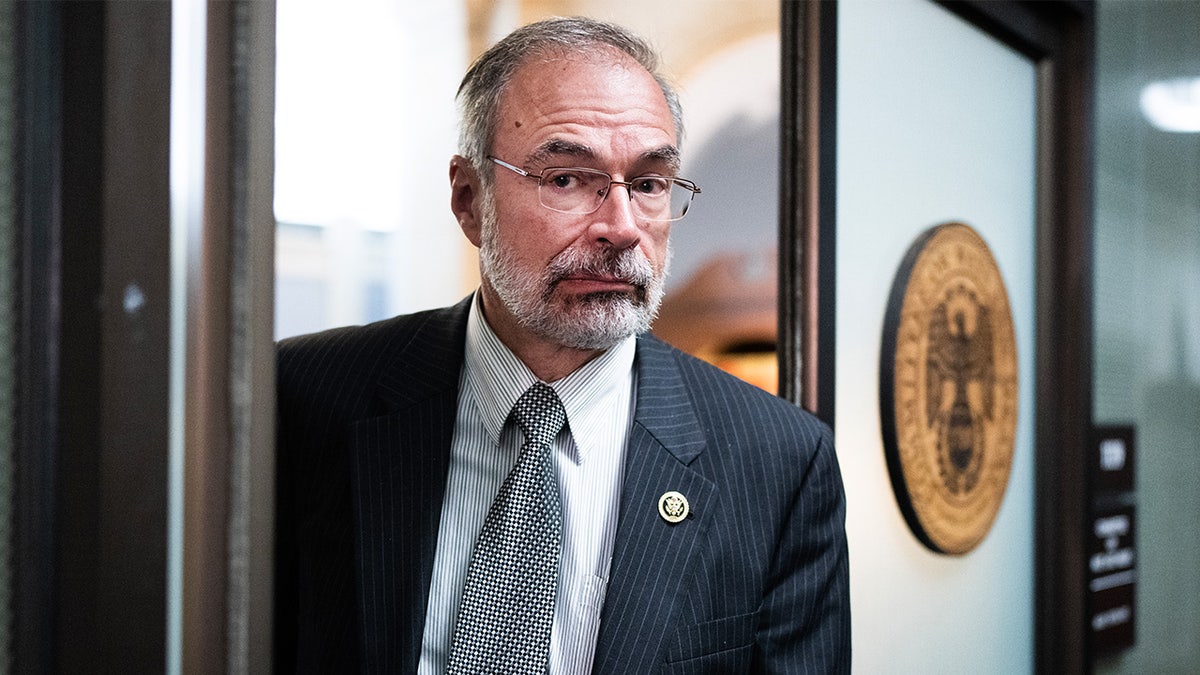
House Freedom Caucus Chair Andy Harris said he would support a full-year CR. (Getty Images)
It’s not something that’s been accomplished in years, however. And with Republicans having spent months working on President Donald Trump’s «big, beautiful» policy bill, GOP lawmakers have acknowledged they’ve been left with precious little time.
Many of those lawmakers suggested some sort of short-term CR could be likely to give appropriators more time to reach a deal while avoiding a temporary shutdown.
«I mean, we seem to be having trouble getting the appropriations bills moved through, and so we’re going to have to do something,» Rep. Lloyd Smucker, R-Pa., told Fox News Digital. «And I think if we’re doing a CR that keeps funding levels close to where they are now, a lot of members of the conference would support that.»
THOM TILLIS ANNOUNCES RETIREMENT FROM SENATE AFTER CLASH WITH TRUMP
One source close to the House Appropriations Committee told Fox News Digital they believe a short-term CR is a likely scenario, but did not mention the prospects of a year.
«I don’t know that we’re there yet, but if that’s the option available, we certainly can’t afford any type of government shutdown – especially under full control by Republicans,» another member, Rep. Scott Fitzgerald, R-Wis., told Fox News Digital.
Meanwhile, a small group of conservatives is warning they’re dedicated to opposing any form of CR.
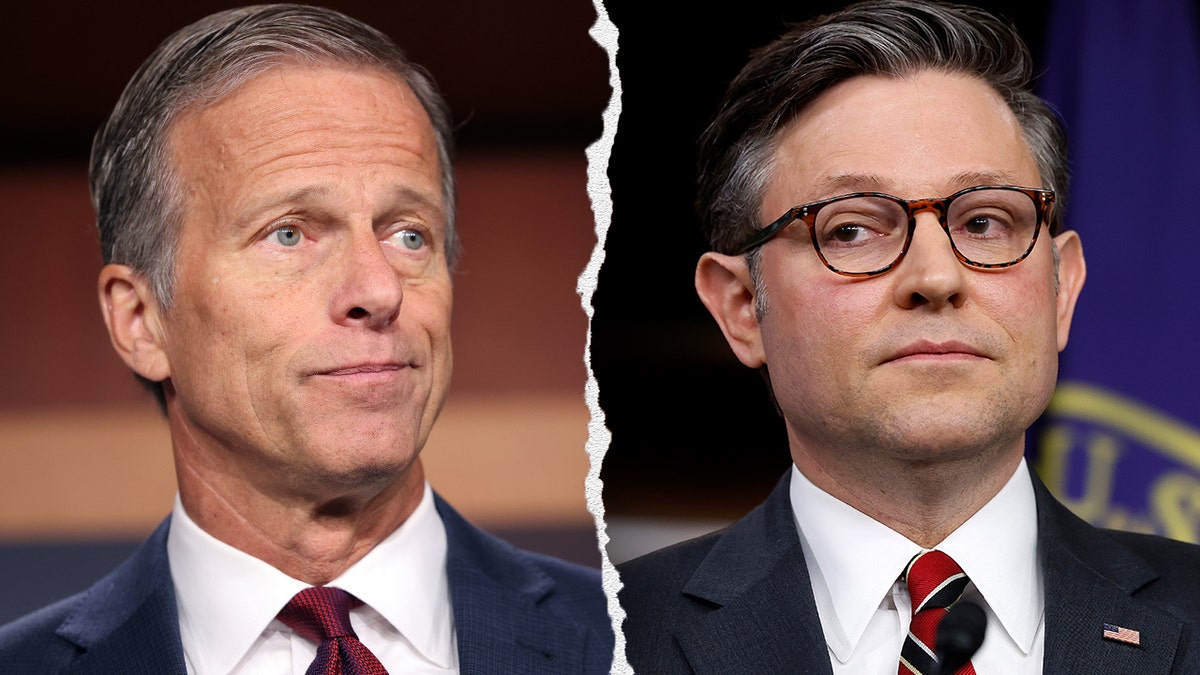
Senate Majority Leader John Thune and House Speaker Mike Johnson must shepherd their two chambers toward an agreement. (Getty Images)
«I’m not voting for a September 30th CR. That is totally unacceptable,» Rep. Marjorie Taylor Greene, R-Ga., wrote on X last week. «I’m giving everyone adequate notice.»
Rep. Andy Biggs, R-Ariz., pointed out FY2025 levels were set under the Biden administration.
«Why would we want to do the Biden policies and budget?» Biggs asked.
And many Senate Republicans scoffed at the idea of doing another government funding extension, let alone a year-long CR. Most want to actually give the appropriations process a shot rather than continue the status quo of last-minute government funding.
«I have no interest in a year-long CR,» Sen. Mike Rounds, R-S.D., told Fox News Digital. «I think Congress needs to actually take the responsibility for looking at spending. I don’t think having a CR, which is basically a continuation of a Biden era, is appropriate.»
Rounds and other appropriators want to see the process through, something that hasn’t been accomplished since the late 1990s. But time is running thin for lawmakers, given that the House is already on recess and the upper chamber may stick around for a portion of August.
Sen. Lisa Murkowski, R-Alaska, argued that the appropriations process, which has been largely sidelined for years because of CRs, could still work, but warned that it could be undermined by another government funding extension or more rescissions packages from the White House.
«We’re going to have an opportunity to be on the floor with an appropriations bill before we go on break for August,» she said. «So I refuse to say appropriations is ‘pretty broken.’»
So far, the Senate Appropriations Committee has finished work on six funding bills, and moved through a key hurdle for the House’s funding bill for military construction and the VA last week. The House of Representatives has passed two of 12 individual appropriations bills, though the two already make up roughly half the discretionary funding Congress must lay out.
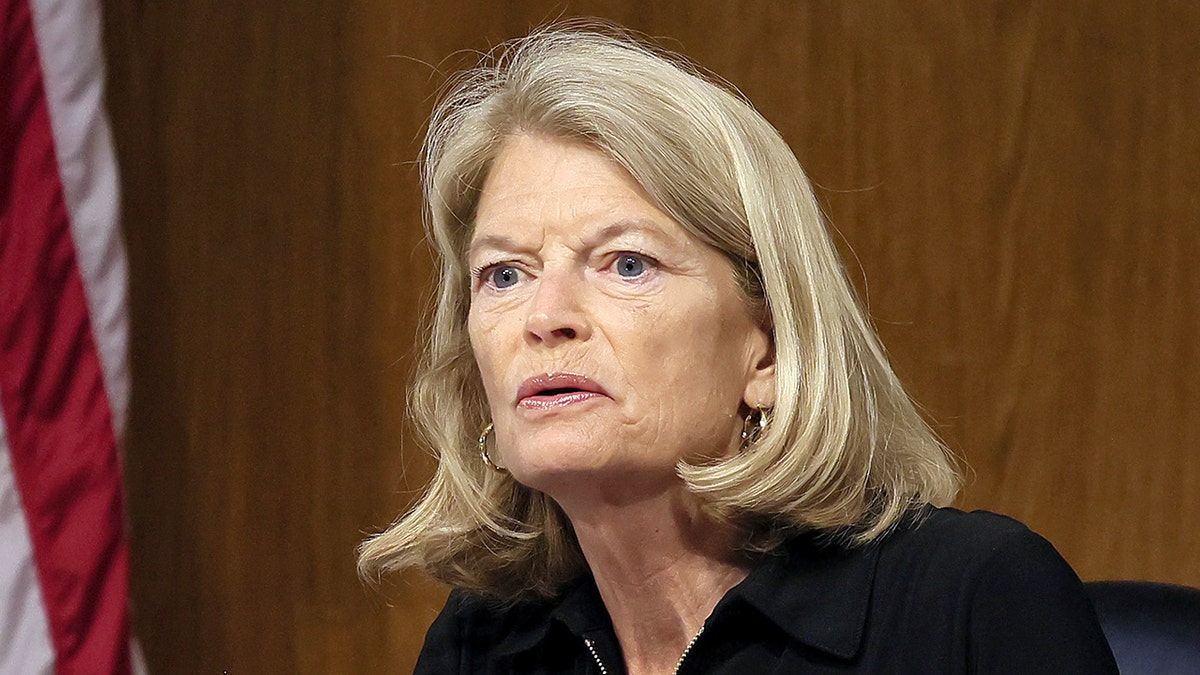
Sen. Lisa Murkowski, R-Alaska, said the appropriations process was not «broken.» (Jemal Countess/Getty Images for JDRF)
CLICK HERE TO GET THE FOX NEWS APP
Other Republicans similarly do not want to see another funding extension, and would rather focus on passing Trump’s roughly $1.7 trillion budget that he submitted to lawmakers earlier this year.
«Hopefully we don’t have to go get to a CR, but if we get to a CR, what I don’t want is, I don’t want some blowout spending bill, which is what we have done since I’ve been here,» Sen. Rick Scott, R-Fl., told Fox News Digital.
Sen. Roger Marshall, R-Kan., also preferred to tackle Trump’s budget, but believed that lawmakers were already «late to the ball.»
«I would like to go through a regular order where we consider all 12 of these buckets within the appropriations bill, all 2,400 line items, piece by piece on the floor, and make everybody defend their bridges to nowhere,» Marshall said. «I think that’ll cut out a lot of the nonsense.»
INTERNACIONAL
Trump ‘disappointed’ in Putin, says he’ll reduce 50-day deadline
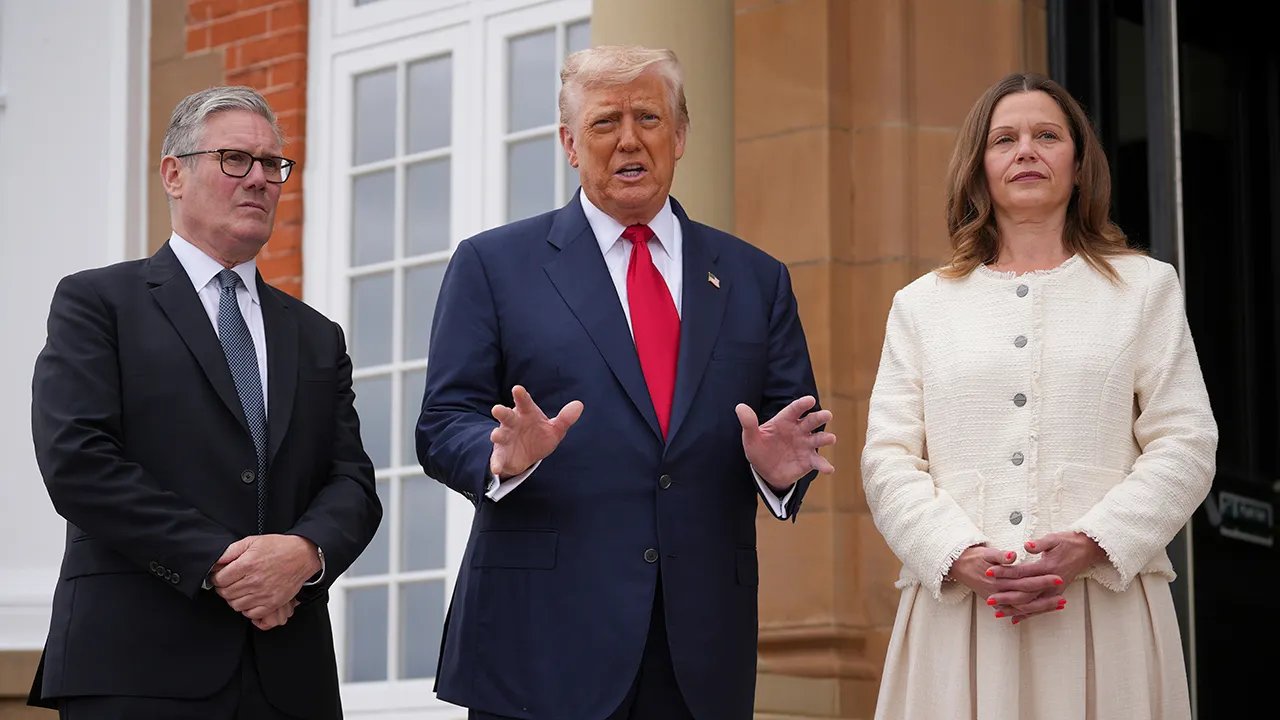
NEWYou can now listen to Fox News articles!
President Donald Trump on Monday said he was «very disappointed» in Russian President Vladimir Putin and said he will «reduce» the original 50-day deadline he set earlier this month to 10–12 days from today.
«I’m going to make a new deadline, of about 10, 10 or 12 days from today,» Trump told reporters from Scotland. «There’s no reason for waiting. It was 50 days. I wanted to be generous, but we just don’t see any progress being made.»
Trump originally set a 50-day deadline for Putin to reach a peace deal on July 14 while meeting with NATO Secretary-General Mark Rutte in Washington, D.C. However, by moving up the deadline to 12-days from Monday, he cut the overall end date in half.
President Donald Trump, center, meets with Britain’s Prime Minister Keir Starmer, left, and his wife Victoria Starmer at Trump Turnberry golf club on Monday, July 28, 2025 in Turnberry, Scotland. (Furlong/Pool Photo via AP)
TRUMP MEETS WITH UK PRIME MINISTER STARMER ON HEELS OF EU TRADE DEAL
«I’m not so interested in talking anymore,» Trump told reporters while sitting next to British Prime Minister Kier Starmer after he said Moscow and Washington «might make a deal» ahead of the secondary sanctions set to be implemented now in less than two weeks.
«He talks – we have such nice conversations, such respectful and nice conversation. And then, people die the following night,» Trump added on Monday.
Trump told reporters earlier in the day that he was «very disappointed» in Putin
«So we’re going to have to look, and I’m going to reduce that 50 days that I gave him to a lesser number, because I think I already know the answer.»
Trump’s comments came just hours after Russia unleashed more than 300 drones and missiles across Ukraine, prompting not only Kyiv to scramble its air force, but Poland’s Operational Command said it too had deployed fighter jets to the sky.
«I would have said five times we would have had a deal. I’ve spoken to President Putin a lot,» Trump told reporters, echoing his previous frustration that speaking with Putin has yielded little to no results. «But we’ve had discussions…we thought we had that settled numerous times.
«And then President Putin goes out and such, launching rockets into some city like Kyiv and kills a lot of people in a nursing home or whatever. You have bodies lying all over the street,» Trump continued. «And I say, that’s not the way to do it. So we’ll see what happens.»
No deaths have yet been confirmed from the early morning strikes that hit the capital city of Kyiv, wounding at least five, including a 2-year-old girl. The other strikes targeted the Khmelnytskyi region to the west of Kyiv and the Kirovohrad region to the south of Kyiv.
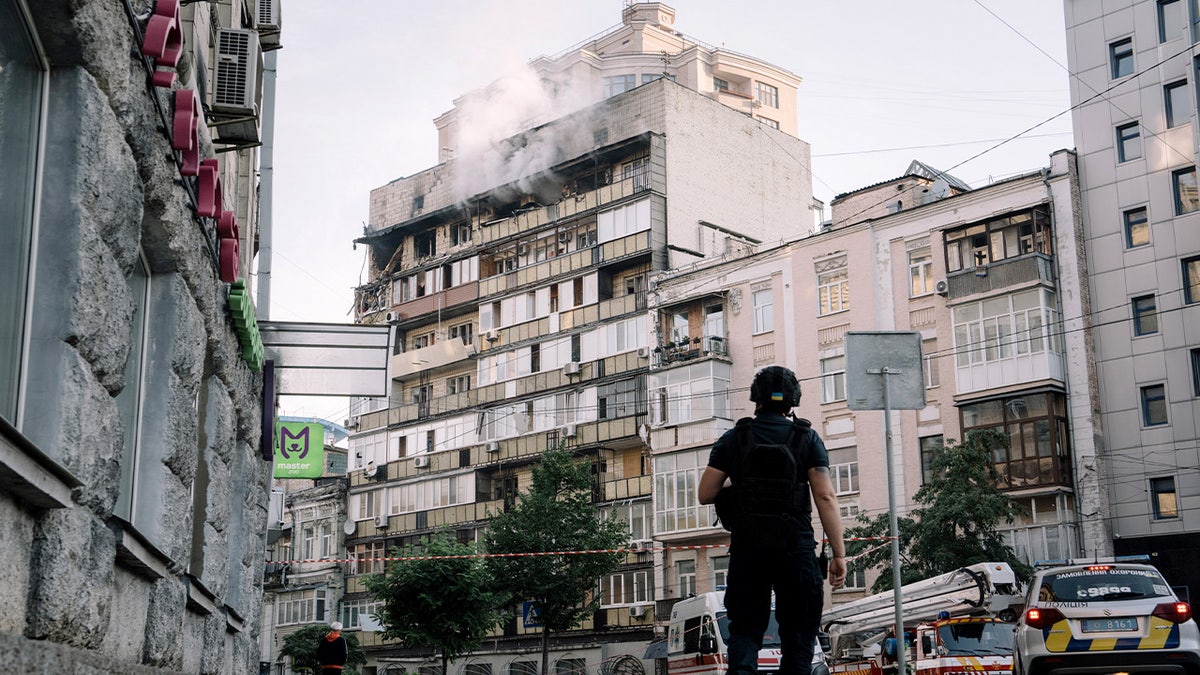
A police officer at the site of a Russian air strike which hit a residential building in Kyiv, Ukraine, on Thursday, July 10, 2025. (Andrew Kravchenko/Bloomberg via Getty Images)
FROM TALK TO TACTICS: TRUMP PIVOTS ON RUSSIA STRATEGY TO END WAR
Additional casualties have not been reported.
The Ukrainian air force reported on Monday that 324 Shahed-type attack and decoy drones were fired along with four Kh-101 cruise missiles and three Kh-47M2 Kinzhal aeroballistic missiles.
Ukraine’s air defense systems reportedly shot down 309 UAVs and two Kh-101 cruise missiles.
Two of the cruise missiles and 15 drones hit targets in three locations, while three of the Kinzhal missiles apparently failed to reach their intended targets.

Ukrainian servicemen of the 21st Separate Mechanized Brigade fire a Leopard 2A6 tank during a military exercise, amid Russia’s attack on Ukraine, near a front line in Donetsk region, Ukraine, on May 12, 2024. (REUTERS/Valentyn Ogirenko/ File Photo)
CLICK HERE TO GET THE FOX NEWS APP
«Our unmanned defenses delivered strong results against ‘Shaheds’ – dozens of Russian drones were shot down. Several missiles were also intercepted overnight,» Ukrainian President Volodymyr Zelenskyy said in a message on X. «Unfortunately, not all of them – there were also hits.
«But we are constantly strengthening Ukraine’s air shield, and it is vital to maintain clear understanding among partners of how exactly they can help,» he added. «Step by step, we are closing the funding gap for drone production, and I will be holding new talks with partners on this task later this week.»
INTERNACIONAL
Trump recibe a Keir Starmer en su campo de golf en Escocia y desmiente a Netanyahu: «Hay niños hambrientos en Gaza»
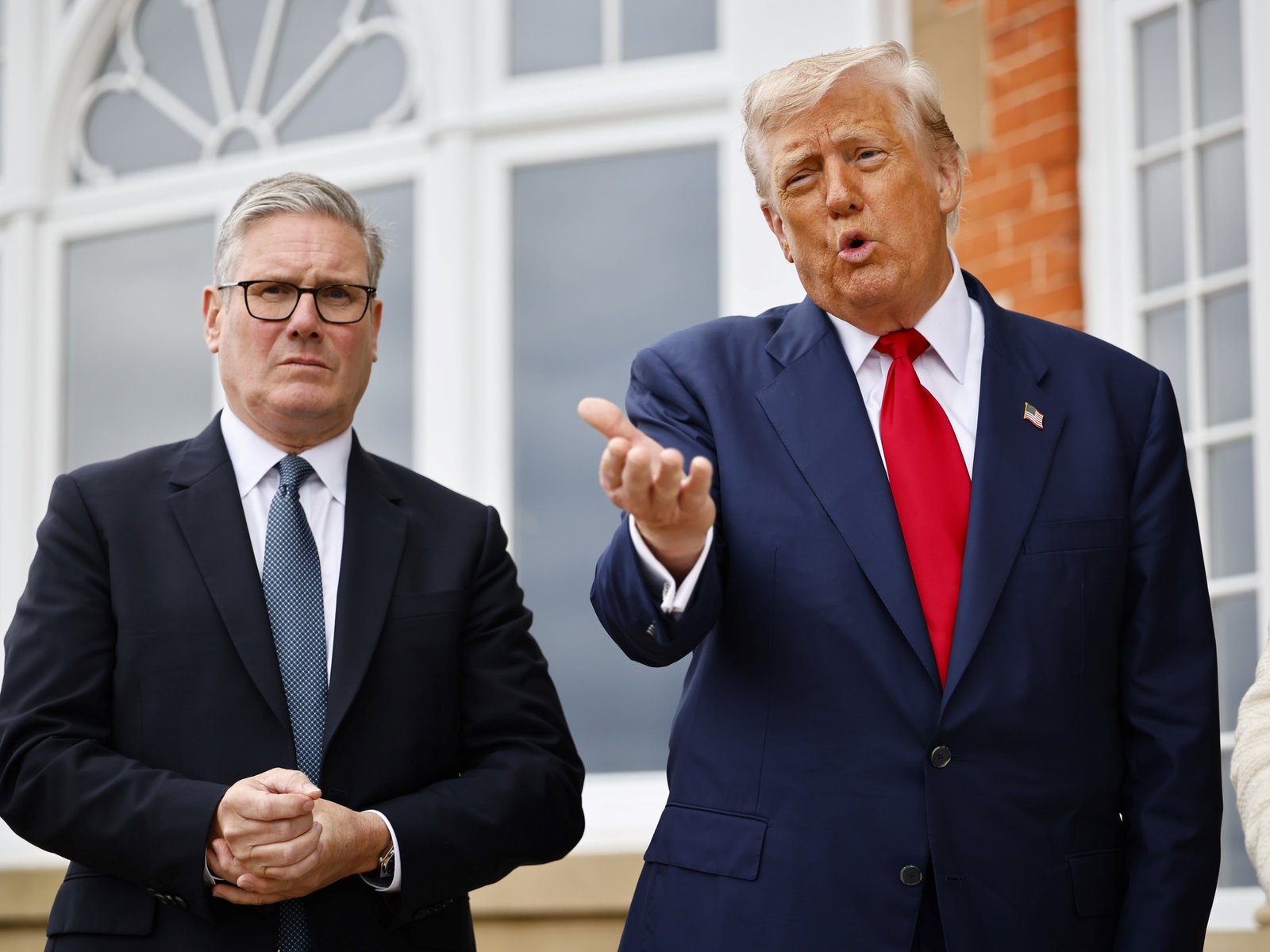
Netanyahu: «No hay hambre en Gaza»
ONGs israelíes denuncian genocidio en Gaza
«Un alto el fuego es posible»
Aranceles
Una advertencia a Rusia
Donald Trump,Keir Starmer,Franja de Gaza






































